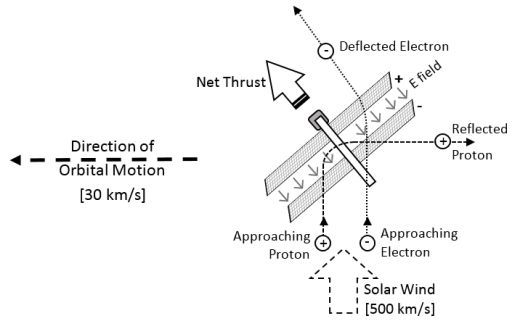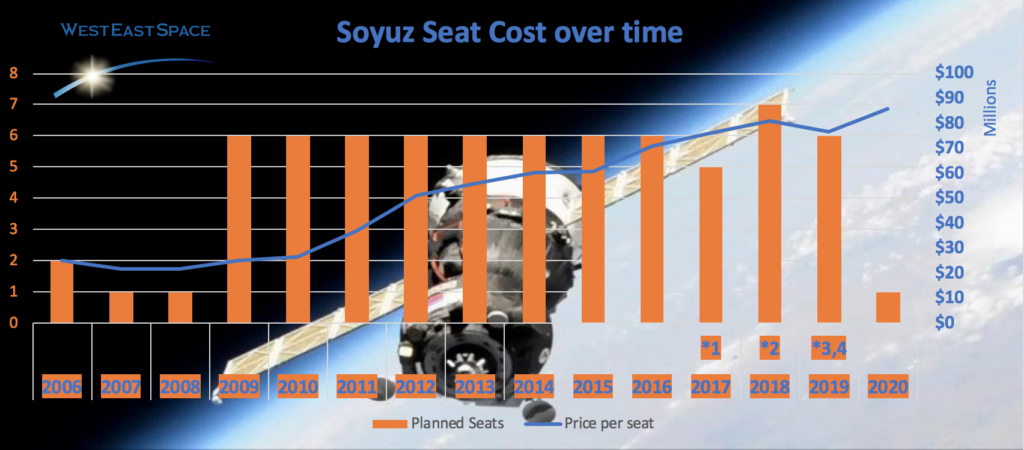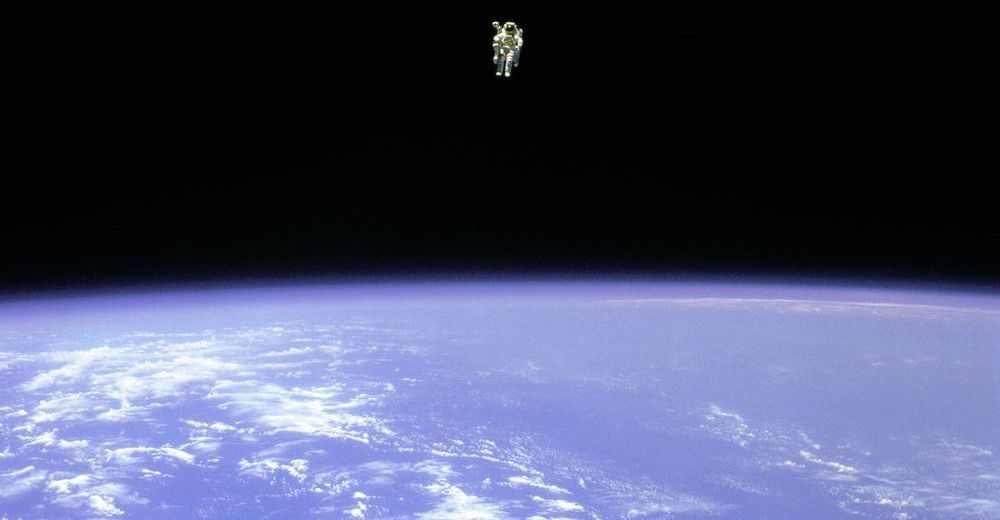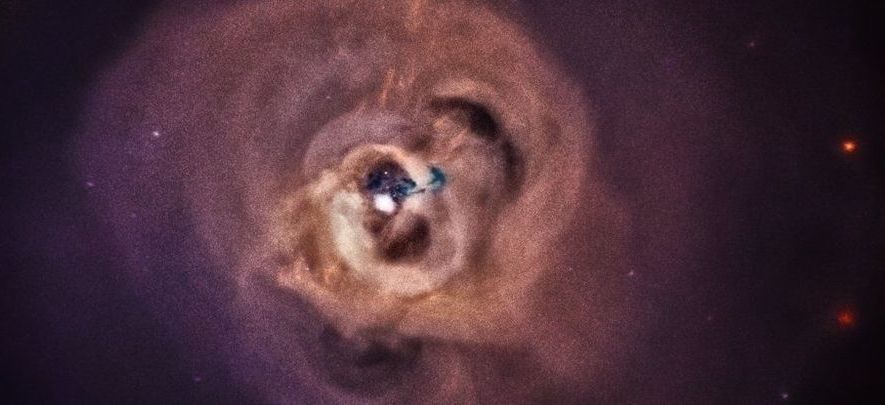Electric dipole propulsion bigsmile
One reason we look so often at sail technologies in these pages is that they offer us ways of leaving the propellant behind. But even as we enter the early days of solar sail experimentation in space, we look toward ways of improving them by somehow getting around their need for solar photons. Robert Zubrin’s work with Dana Andrews has helped us see how so-called magnetic sails (magsails) could be used to decelerate a craft as it moved into a destination system. Now Zubrin looks at moving beyond both this and solar wind-deflecting electric sails toward an ingenious propellantless solution. Zubrin presented the work at last April’s Breakthrough Discuss meeting, and today he fills us in on its principles and advantages. Read on for a look at a form of enhanced electric sail the author has christened the Dipole Drive.
by Robert Zubrin
The dipole drive is a new propulsion system which uses ambient space plasma as propellant, thereby avoiding the need to carry any of its own. The dipole drive remedies two shortcomings of the classic electric sail in that it can generate thrust within planetary magnetospheres and it can generate thrust in any direction in interplanetary space. In contrast to the single positively charged screen employed by the electric sail, the dipole drive is constructed from two parallel screens, one charged positive, the other negative, creating an electric field between them with no significant field outside. Ambient solar wind protons entering the dipole drive field from the negative screen side are reflected out, with the angle of incidence equaling the angle of reflection, thereby providing lift if the screen is placed at an angle to the plasma wind. If the screen is perpendicular to the solar wind, only drag is generated but the amount is double that of electric sail of the same area.








